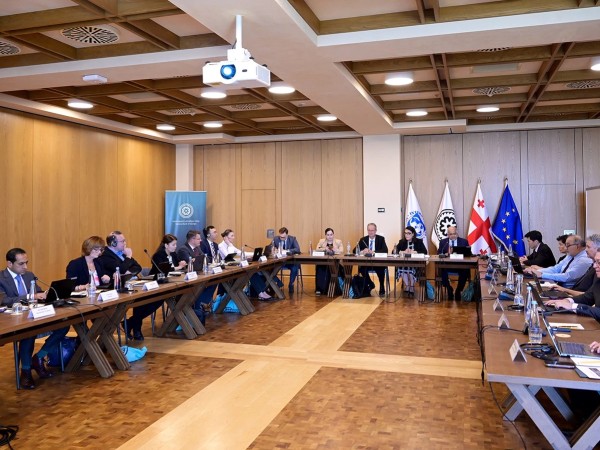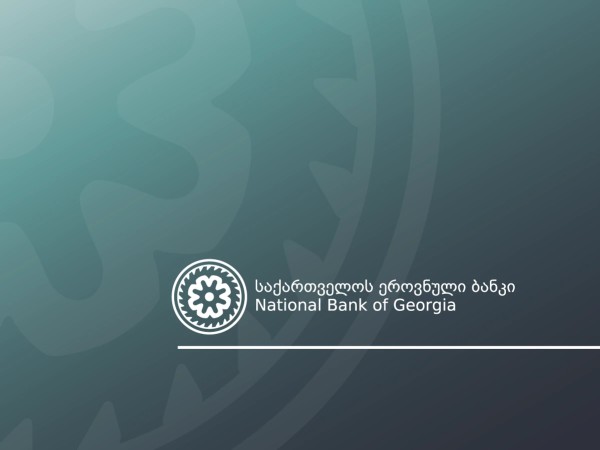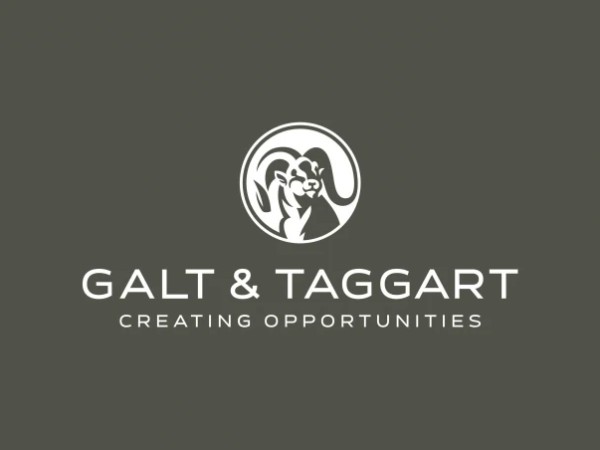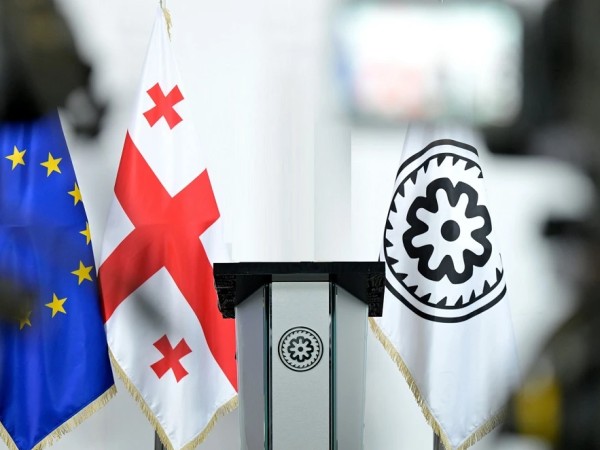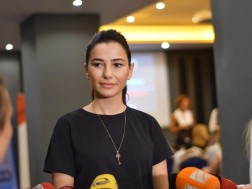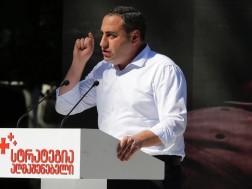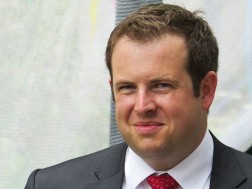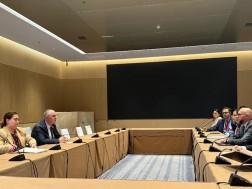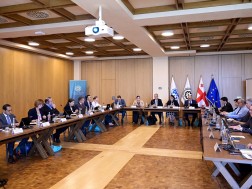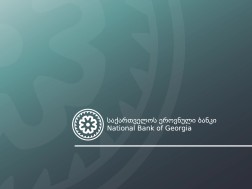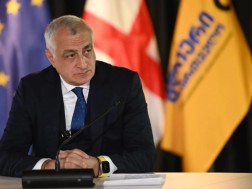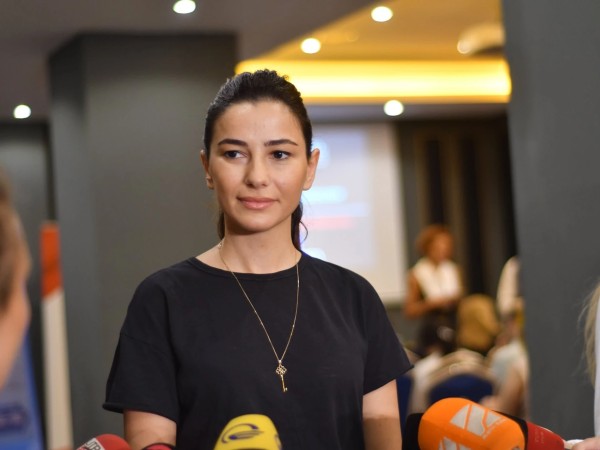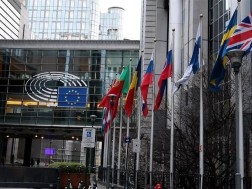NBG hosted the CCAMTAC Committee meeting as the Chair country
The meeting brought together Steering Committee members from
participating countries, along with representatives from CCAMTAC’s
donor and partner organizations. Among the attendees were Subir Lall,
Deputy Director of the IMF’s Middle East and Central Asia
Department, and Andrew Jewell, IMF Resident Representative in
Georgia.During the meeting, participants reviewed the center’s
recent activities and discussed the work program for the coming year.
The agenda included deliberations on regional workshops, financial
resources, and upcoming initiatives planned by the center and its
partners.In her remarks, Ekaterine Mikabadze, First Vice Governor of
the National Bank of Georgia, highlighted the importance of the
IMF’s continued support. She noted that the Fund’s leadership,
expertise, and long-term commitment have been instrumental in
establishing CCAMTAC and shaping its strategic direction.“The
IMF’s ongoing support ensures that CCAMTAC remains a cornerstone of
regional capacity development, empowering our countries to enhance
macroeconomic resilience and navigate a complex and challenging global
environment,” said Mikabadze.According to the First Vice Governor of
the National Bank of Georgia (NBG), the Bank fully recognizes the
value of market-oriented educational programs, as well as the
importance of knowledge and experience sharing. In line with this
vision, and under the initiative of NBG Governor Natia Turnava, an
educational space project a centralized platform was launched to
encourage professionals across the region to both acquire and exchange
expertise. She noted that the NBG is actively collaborating with
international partners to support and advance this initiative.“Our
collaboration with CCAMTAC is invaluable. Together, we organize
seminars and workshops for central bank representatives from across
the region, further reinforcing our long-standing partnership,”
noted Mikabadze.Norbert Funke, Director of CCAMTAC, highlighted the
four-year partnership with Georgia, expressing gratitude for the
country’s active role in sharing its experience with monetary policy
implementation across the region.“Over the past four years, we have
enjoyed a close relationship with Georgia. CCAMTAC’s technical
assistance has supported areas such as fiscal risk management, banking
supervision, statistics, and more. What impressed us most was
Georgia’s proactive sharing of its experience within the region. We
are grateful that Georgia has hosted delegations from other countries,
providing a platform to exchange insights and demonstrate how various
aspects of monetary policy are implemented. A sincere thank you to our
Georgian colleagues,” said Norbert Funke.As Subir Lall, Deputy
Director of the IMF’s Middle East and Central Asia Department,
noted, CCAMTAC serves as a vital pillar of the IMF’s engagement with
the Caucasus, Central Asia, and Mongolia. He highlighted that
strengthening institutional capacity is a key driver in shaping
effective macroeconomic policies. Lall also underscored the importance
of bringing together all CCAMTAC partners and member countries to
reflect on achievements and define future priorities.“Georgia’s
role has been significant from the outset of the center’s
establishment. It has not only actively participated in CCAMTAC’s
activities but also assumed a leadership role in fostering
collaboration among peers. Georgia has helped cultivate an environment
of trust and open dialogue around shared challenges facing all member
countries. It is especially important that we have used our time
productively, and I believe Georgia’s leadership in advancing
CCAMTAC’s initiatives and promoting regional cooperation sets the
stage for a successful year ahead,” stated Subir Lall.The
International Monetary Fund’s Regional Capacity Development Center
for the Caucasus, Central Asia, and Mongolia (CCAMTAC) is a
collaborative initiative between the IMF and nine member countries:
Azerbaijan, Armenia, Georgia, Kazakhstan, Kyrgyzstan, Mongolia,
Tajikistan, Turkmenistan, and Uzbekistan. Launched in Almaty in 2021,
the center serves a region with a combined population of over 100
million people. Its primary mission is to support the development of
the region’s economic potential through targeted capacity-building
activities.
1750769416



